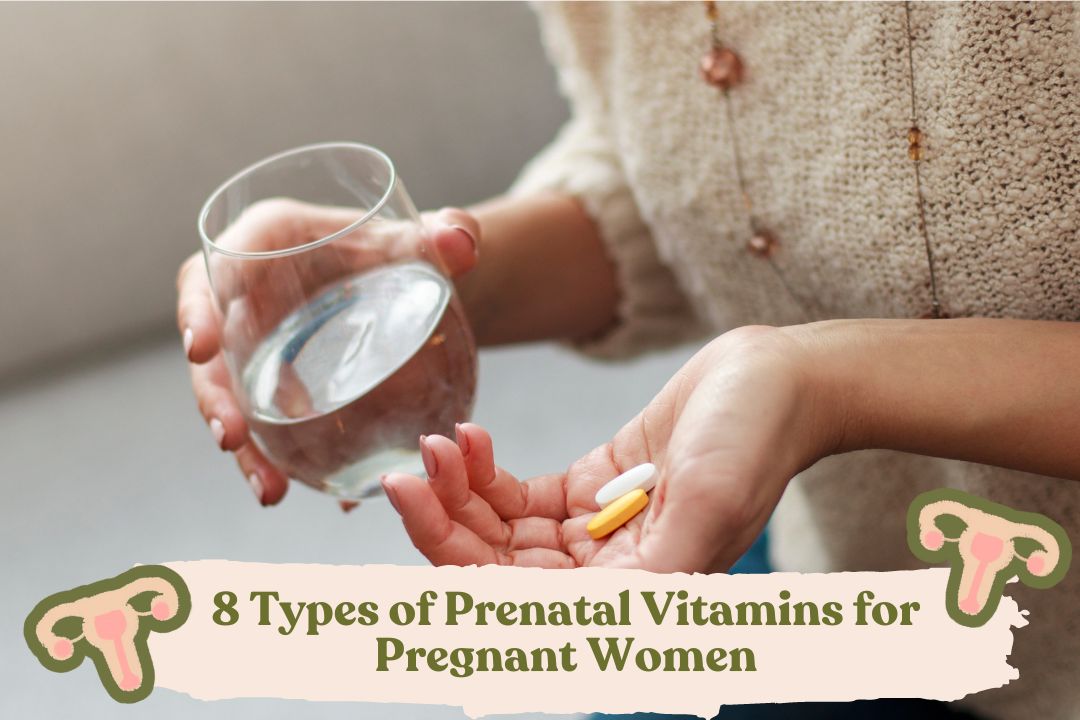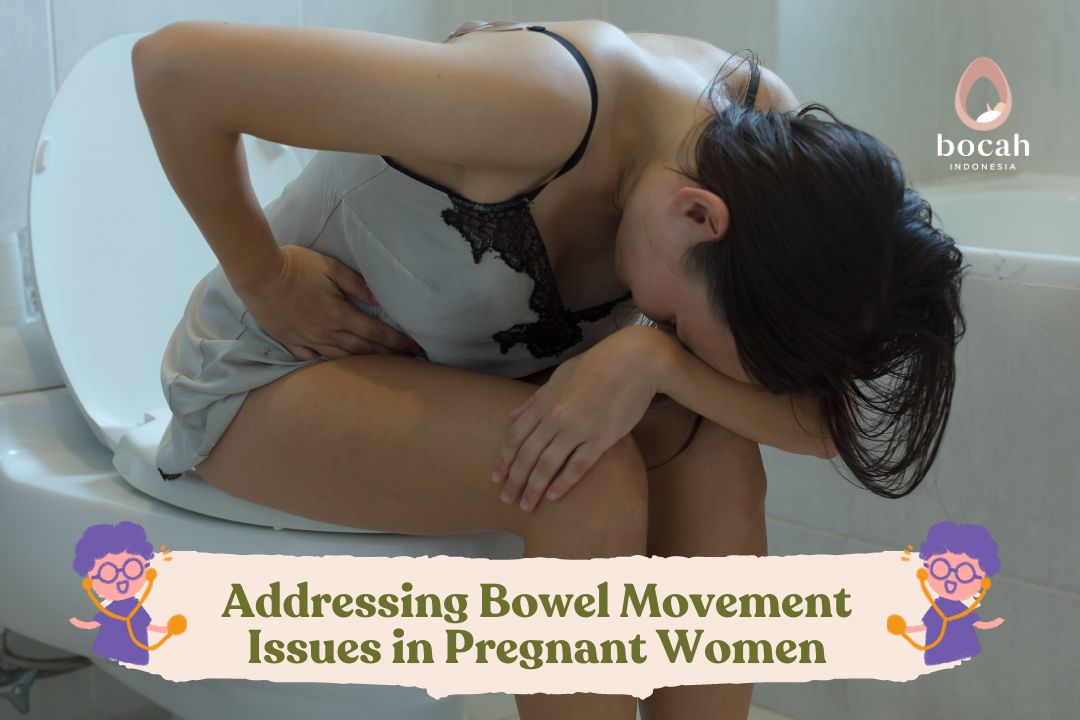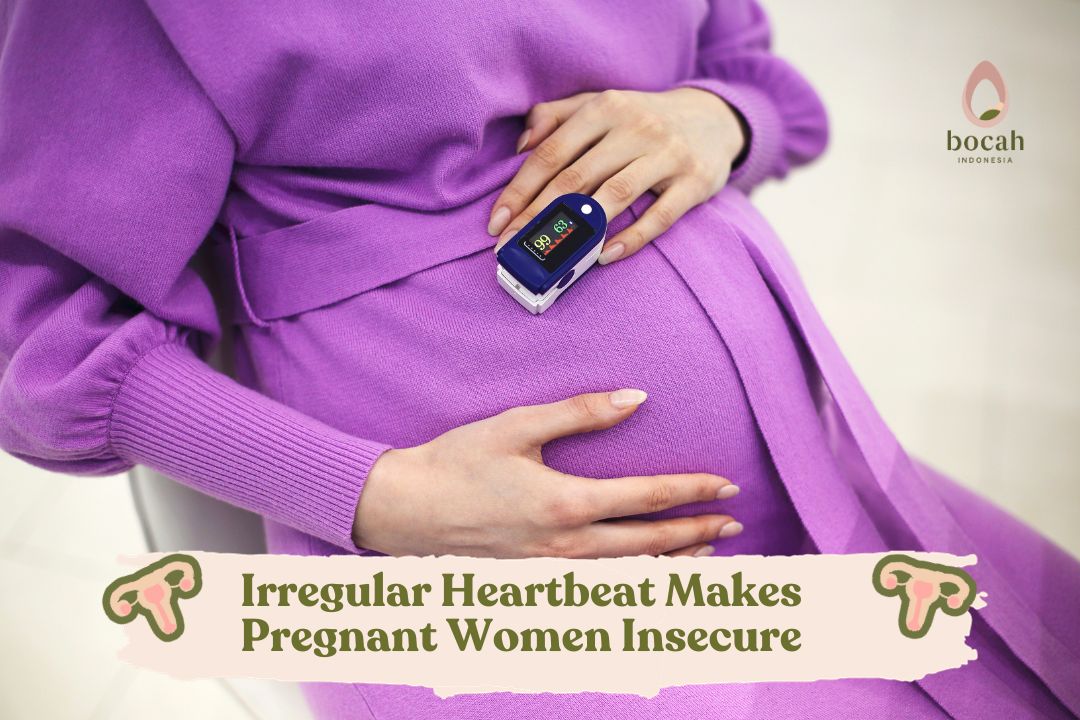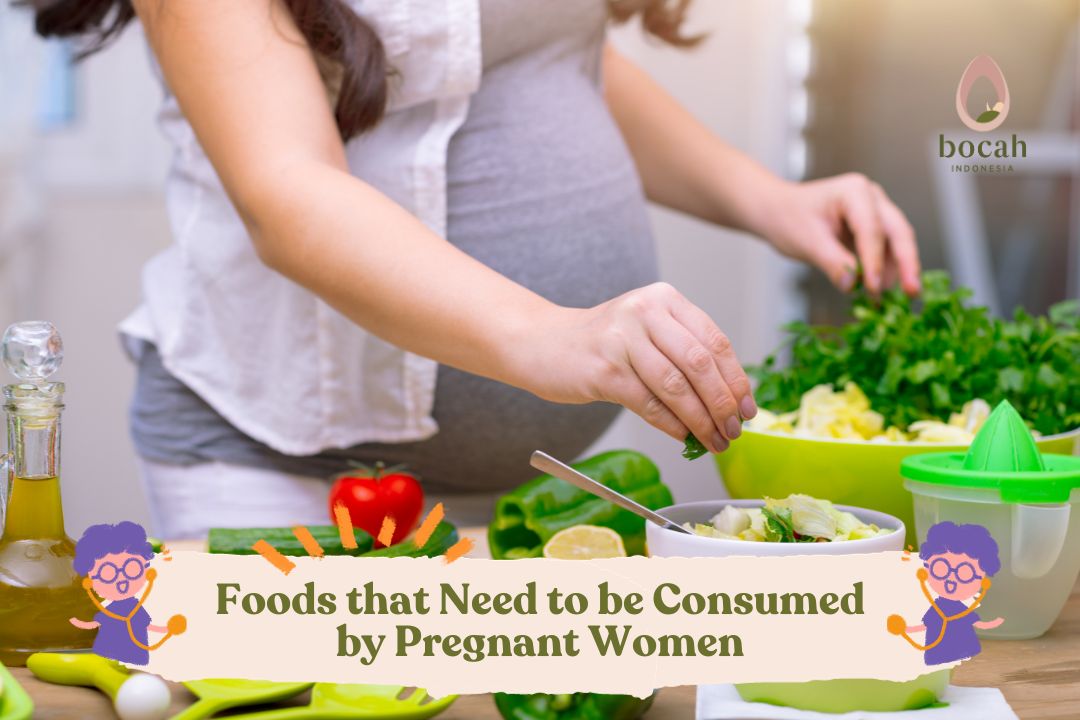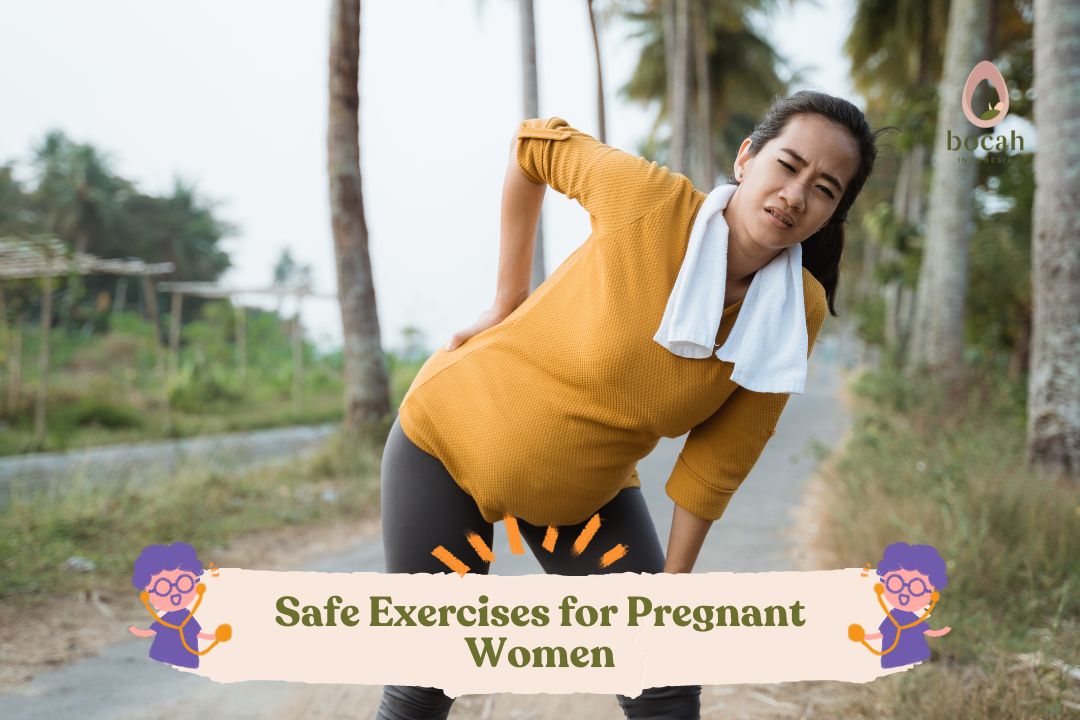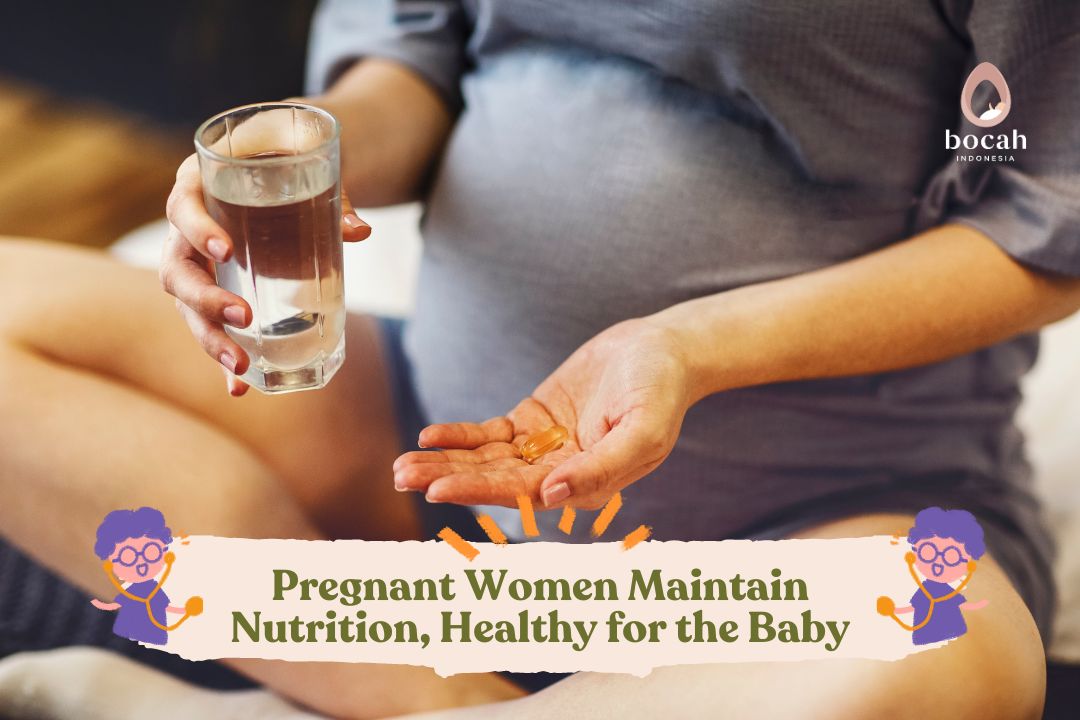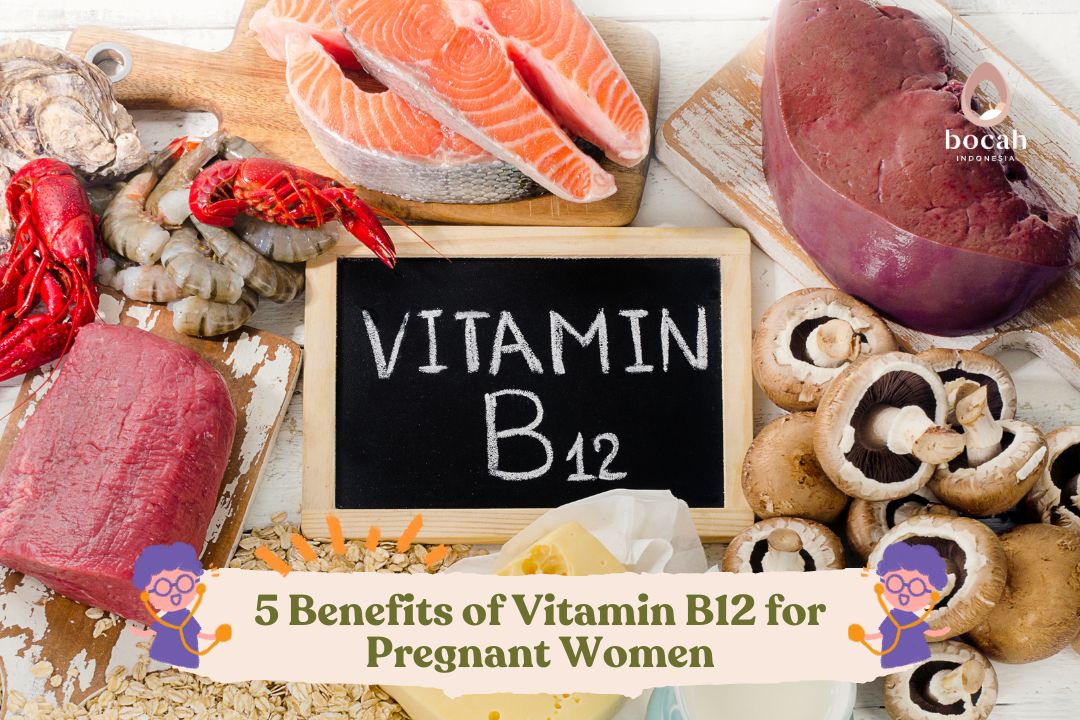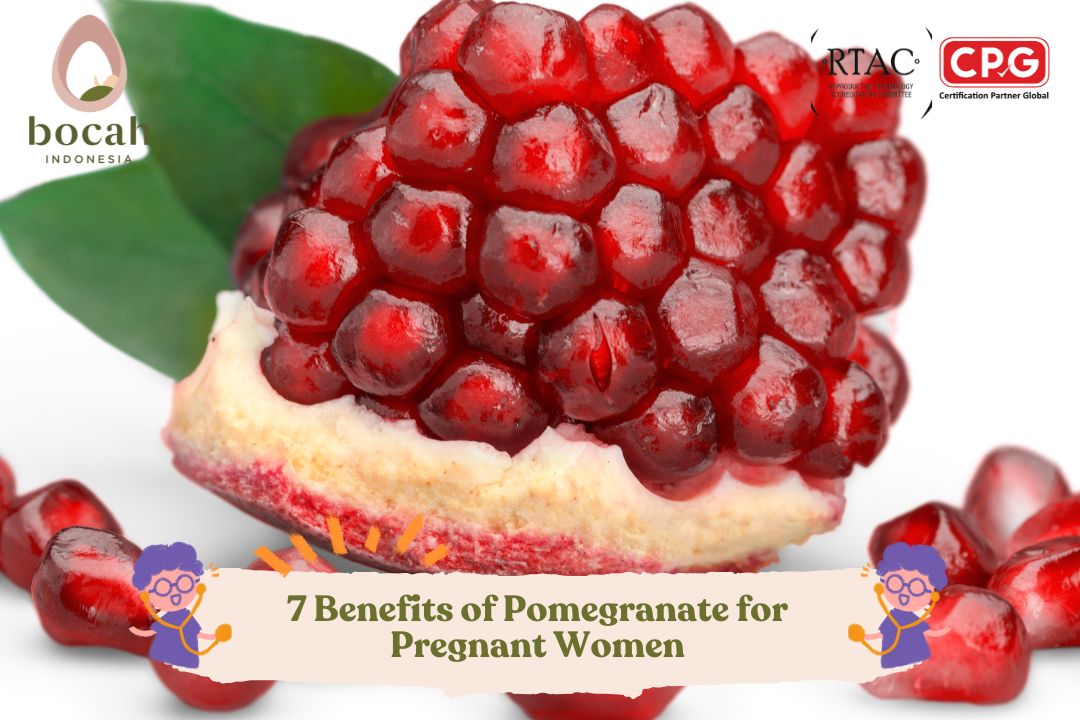5 Signs of High Blood Pressure in Pregnant Women
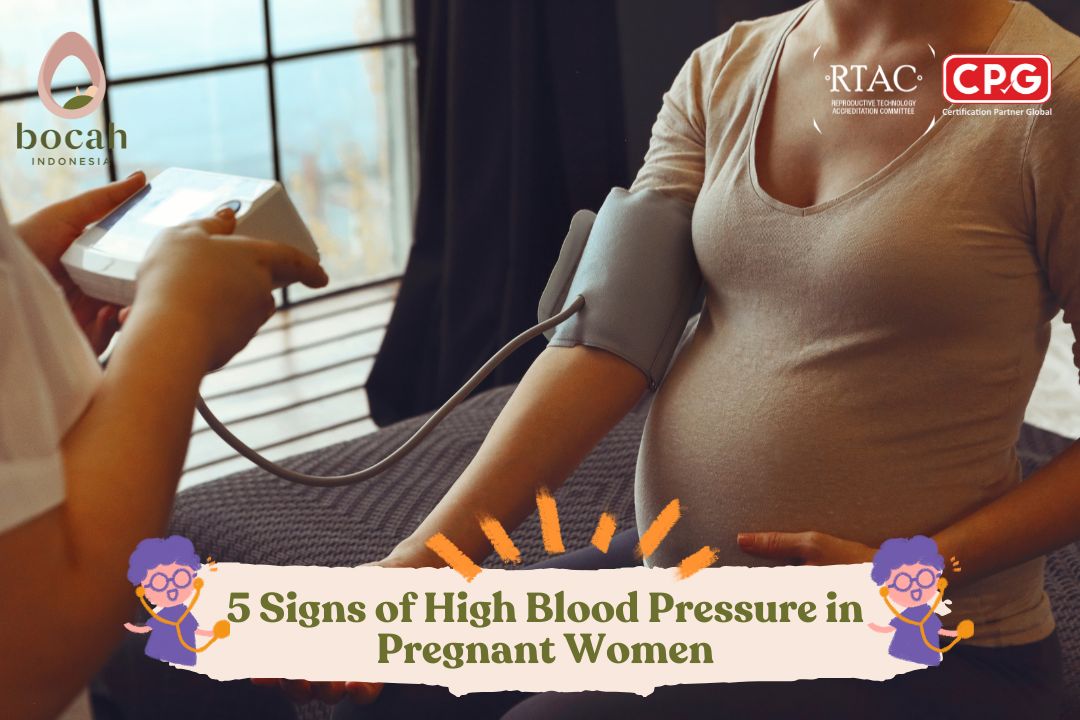
Hypertension during pregnancy is a potentially dangerous condition for both the mother and the baby. Recognizing its signs early is essential for prompt and proper treatment.
Did you know that it is possible to develop high blood pressure while pregnant? High blood pressure during pregnancy, also known as gestational hypertension, is a condition in which blood pressure rises during pregnancy. A pregnant woman is considered to have high blood pressure if her reading is above 140/90 mmHg.
This condition is often unnoticed because it may not cause specific symptoms. However, if left untreated, it can be harmful to both maternal and fetal health.
Causes of High Blood Pressure During Pregnancy
The exact cause of high blood pressure during pregnancy is unknown, but several risk factors may contribute to its development, including:
-
History of high blood pressure in a previous pregnancy
Tanya Mincah tentang Promil?
-
Kidney disease or diabetes
-
Multiple pregnancy (twins or more)
-
Being overweight or obese
-
Pregnancy at an age younger than 20 or older than 40
-
Autoimmune disorders such as lupus
Signs of High Blood Pressure During Pregnancy
Although the condition often goes unnoticed, some symptoms can indicate hypertension during pregnancy:
1. Headache or Severe Dizziness
One of the most common signs is a headache, often described as throbbing pain, which differs from ordinary headaches or dizziness.
This occurs due to increased pressure in the brain’s blood vessels, causing significant discomfort.
2. Blurred or Distorted Vision
High blood pressure can lead to visual disturbances such as blurred vision, sensitivity to light, or even temporary vision loss.
This may occur due to reduced blood supply to the retina (hypertensive retinopathy) or fluid accumulation behind the retina (hypertensive choroidopathy). Both conditions can damage retinal nerve cells and cause permanent vision problems if not treated promptly.
3. Rapid or Pounding Heartbeat
A fast heartbeat during pregnancy may signal hypertension.
This happens because high blood pressure increases heart rate by up to 25% more than usual to circulate oxygen-rich blood to the baby.
4. Nausea and Vomiting
While morning sickness is common in pregnancy, nausea and vomiting may also be caused by hypertension, especially if related to bleeding in the brain.
5. Shortness of Breath
Hypertension can cause breathing difficulties due to increased pressure in the veins, capillaries, and pulmonary arteries.
Not all shortness of breath indicates hypertension, but if it occurs during pregnancy, prompt medical evaluation is advised.
How to Manage Hypertension During Pregnancy
If detected, hypertension in pregnancy should be treated immediately to prevent complications.
-
Routine prenatal check-ups are essential for early detection.
-
Doctor-prescribed antihypertensive medication may be given, carefully selected to be safe for the fetus.
-
Lifestyle adjustments: light exercise, balanced nutrition, stress management, and adequate rest.
-
Avoid alcohol and smoking to protect both mother and baby.
When to See a Doctor
Seek medical help immediately if you experience:
-
Blood pressure ≥140/90 mmHg
-
Severe headache, blurred vision, rapid heartbeat, persistent nausea/vomiting, or shortness of breath
Source:
-
Youssef, G.S. (2019). Hypertension in pregnancy. European Society of Cardiology.
-
Cifkova, R. (2024). Hypertension in pregnancy—what’s new in the 2023 ESH Guidelines. European Heart Journal – Cardiovascular Pharmacotherapy, 10(4), 361–363.
-
American Pregnancy Association. Gestational Hypertension: Pregnancy Induced Hypertension (PIH).
-
Gudeta, T.A., Regassa, T.M. (2019). Pregnancy Induced Hypertension and Associated Factors. Ethiop J Health Sci, 29(1), 831–840.


